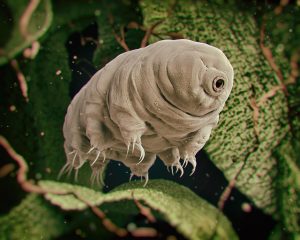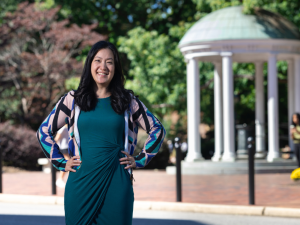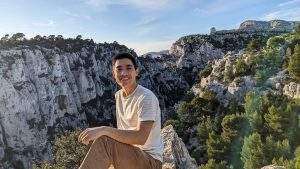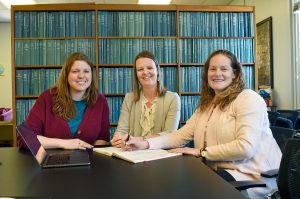Read Research and Innovation Stories

UNC historian tapped for National Humanities Center fellowship
Professor of History John Wood Sweet was among 31 scholars awarded National Humanities Center fellowships for the 2024-2025 academic year. Sweet was the only researcher from UNC-Chapel Hill to receive a fellowship.

UNC-Chapel Hill researchers create artificial cells that act like living cells
Ronit Freeman and her lab use innovative approaches to build functional cells, bridging the gap between synthetic and living materials.

Flowing Together: Restoring North Carolina’s drinking water
PFAS, or “forever chemicals,” are prevalent in a variety of products and linked to a range of health problems. An interdisciplinary group of UNC-Chapel Hill scientists and engineers are deploying and evaluating technologies that filter these difficult-to-remove substances from N.C.’s drinking water.

UNC-Chapel Hill researchers discover new clues to how tardigrades can survive intense radiation
UNC-Chapel Hill researchers have discovered that tardigrades – microscopic animals famed for surviving harsh extremes – have an unusual response to radiation. The research, led by UNC biologist Bob Goldstein, was published in Current Biology.

Carolina researcher trailblazes environmental accountability
As a graduate student at Yale University, Angel Hsu traveled to Copenhagen for the 2009 United Nations Climate Change Conference, or the Convention of the Parties (COP) 15. Today the UNC associate professor of public policy says that experience changed her worldview.

Austin Vo’s graduate research has taken him around the world
The sociology Ph.D. student spent time in France to study “indigenous responses to French colonialism,” he shared, and is continuing his research in Vietnam and Senegal this year.

Humanities studio supports interdisciplinary, community-building work
A new initiative in the College of Arts and Sciences called the Arts and Humanities Grant Studio is enhancing the support of scholarly activity among humanists and humanistic social scientists at UNC-Chapel Hill.
